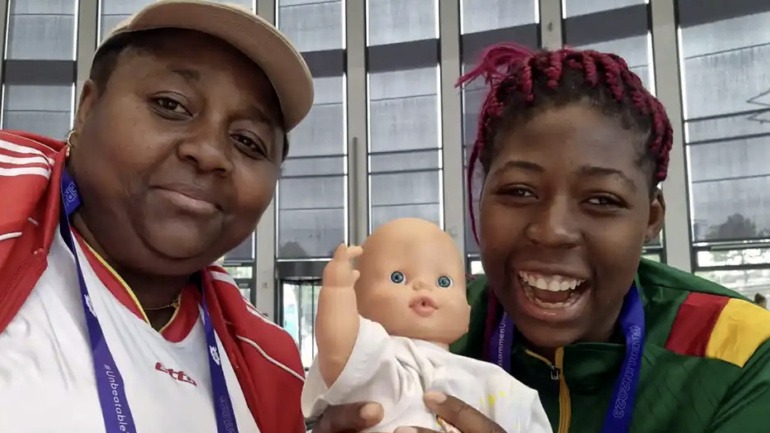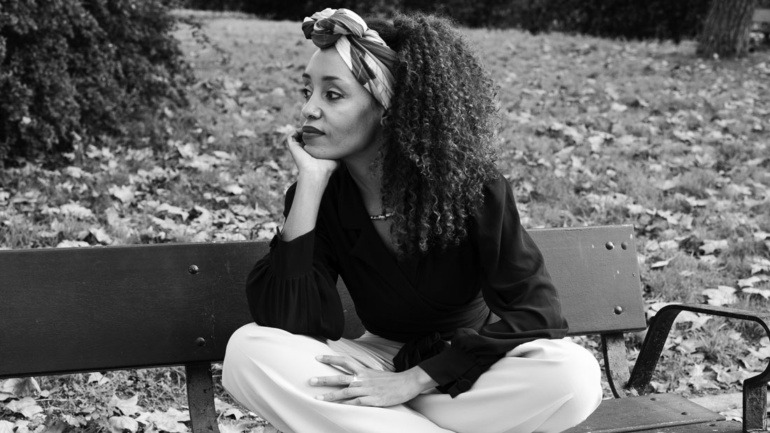Two centuries have passed since the creation of Braille, a tactile writing system that has significantly changed the lives of countless blind and partially sighted people.
In Mali, many people credit braille with helping them achieve literacy and gain independence. The country, like much of West Africa, has faced constant challenges in integrating visually impaired people into society.
Amadou Ndiaye, a social worker who lost his sight during childhood, expresses how learning Braille has broadened his horizons. As he plays chords on his guitar, he highlights how this tactile system has been instrumental in fuelling his passion for music.
"Braille, touch, it really is a tactile development," he explains, reflecting on how it has allowed him to pursue his love of playing the guitar.
In his work, Ndiaye carefully navigates the raised dots on a sheet of paper, interpreting the world around him despite his visual limitations. He emphasises the transformative impact of braille on his life, stating: "Braille helped me live my life.
In a country of more than 20 million people, where an estimated 170,000 people are blind, the Malian Institute for the Blind plays a crucial role in helping students like Ndiaye overcome educational obstacles and prepare for a future where they can compete for jobs alongside their sighted peers.
Dicko is visually impaired. He uses a specialised typewriter to produce Braille texts for his students. However, he considers that his students still face significant challenges.
"We are experiencing a shortage of teaching materials," Dicko explains, noting that he has only one braille reading book available for his entire class, which is made up of many students.
Despite the emergence of new technologies, some people who are blind or partially sighted remain hopeful that these advances will help remove educational barriers.
Moussa Mbengue, head of inclusive education programmes at Sightsavers Senegal, points out that while technology has advanced, it does not compare to the impact braille had two hundred years ago.
"It cannot replace braille. Instead, I see technology as a complement to braille," he says.
Source: africanews.com 20/03/2025



